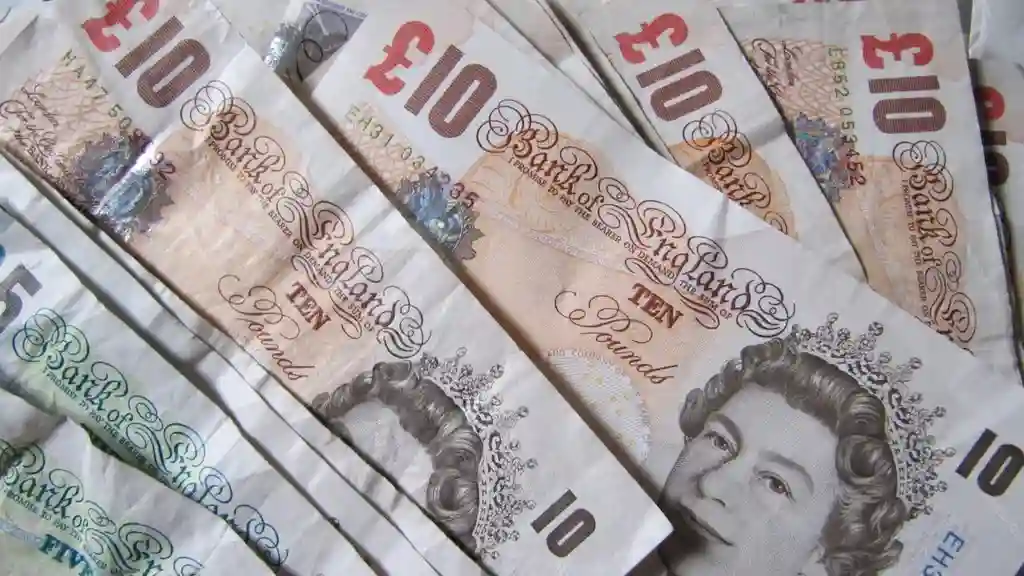The United Kingdom has offered millions of public sector workers salary increases in an attempt to end strikes triggered by a cost-of-living crisis.
The pay rise comes as thousands of junior doctors walked off the job in protest for five days.
So-called junior doctors, those who are in the early stages of their careers in the years after medical school, started their strike at 7 AM, demanding a 35 percent pay rise. Health Secretary Steve Barclay said:
This five-day walkout by junior doctors will have an impact on thousands of patients, put patient safety at risk and hamper efforts to cut NHS waiting lists … A pay demand of 35 percent or more is unreasonable and risks fuelling inflation, which makes everyone poorer.
The UK government decided to accept recommendations for pay increases, Treasury Chief Secretary John Glen said on Thursday.
Junior doctors will now get a 6 percent pay uplift and a lump-sum pay increase of 1 250 pounds (US$1 633.25).
Teachers will get 6.5 percent, police officers 7 percent and armed forces will receive a 5 percent salary increment.
Glen said there would be no new borrowing or spending to fund the increases.
However, teachers’ pay rises will be funded by a reallocation of the existing education department budget.
The pay increases are below the current 8.7 percent inflation rate but are aimed at bridging the gap.
Prime Minister Rishi Sunak has promised to halve inflation and ministers have stressed the danger that increasing wages too far will undermine that goal and fuel rising prices.
More: Pindula News

